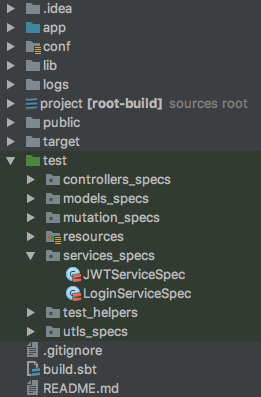Here's the Scalatest page on using the runner and the extended discussion on the -t and -z options.
This post shows what commands work for a test file that uses FunSpec.
Here's the test file:
package com.github.mrpowers.scalatest.example
import org.scalatest.FunSpec
class CardiBSpec extends FunSpec {
describe("realName") {
it("returns her birth name") {
assert(CardiB.realName() === "Belcalis Almanzar")
}
}
describe("iLike") {
it("works with a single argument") {
assert(CardiB.iLike("dollars") === "I like dollars")
}
it("works with multiple arguments") {
assert(CardiB.iLike("dollars", "diamonds") === "I like dollars, diamonds")
}
it("throws an error if an integer argument is supplied") {
assertThrows[java.lang.IllegalArgumentException]{
CardiB.iLike()
}
}
it("does not compile with integer arguments") {
assertDoesNotCompile("""CardiB.iLike(1, 2, 3)""")
}
}
}
This command runs the four tests in the iLike describe block (from the SBT command line):
testOnly *CardiBSpec -- -z iLike
You can also use quotation marks, so this will also work:
testOnly *CardiBSpec -- -z "iLike"
This will run a single test:
testOnly *CardiBSpec -- -z "works with multiple arguments"
This will run the two tests that start with "works with":
testOnly *CardiBSpec -- -z "works with"
I can't get the -t option to run any tests in the CardiBSpec file. This command doesn't run any tests:
testOnly *CardiBSpec -- -t "works with multiple arguments"
Looks like the -t option works when tests aren't nested in describe blocks. Let's take a look at another test file:
class CalculatorSpec extends FunSpec {
it("adds two numbers") {
assert(Calculator.addNumbers(3, 4) === 7)
}
}
-t can be used to run the single test:
testOnly *CalculatorSpec -- -t "adds two numbers"
-z can also be used to run the single test:
testOnly *CalculatorSpec -- -z "adds two numbers"
See this repo if you'd like to run these examples. You can find more info on running tests here.


sbtin quotes, e.g.sbt "test-only *SingleTestSuite"– Alberic*.MySuiteis a class name – Lachrymatory